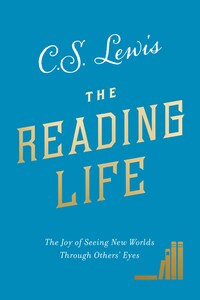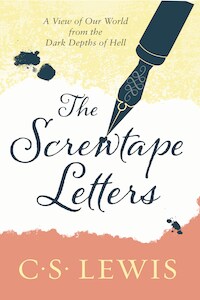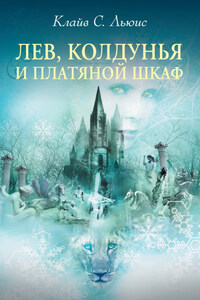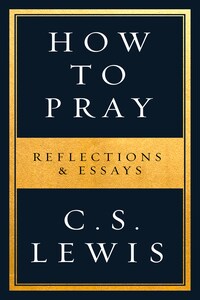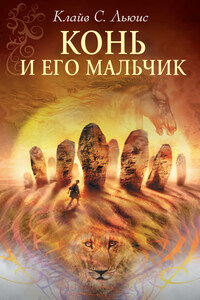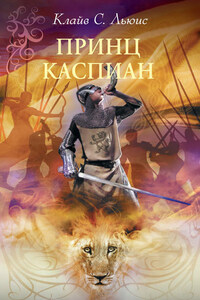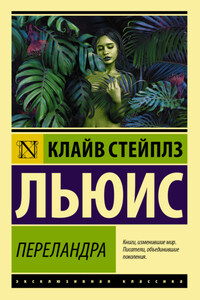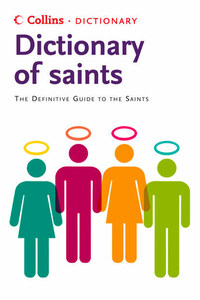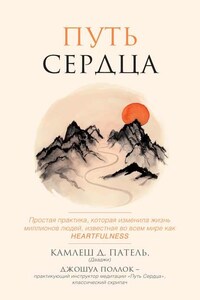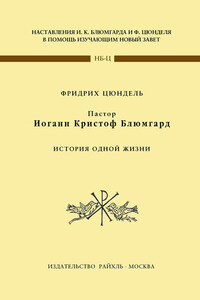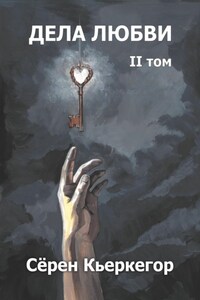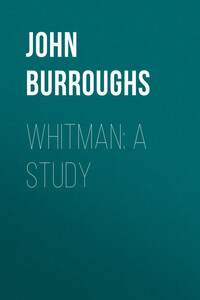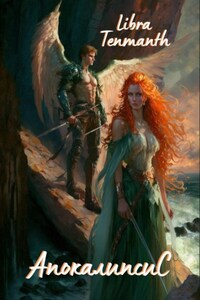William Collins
An imprint of HarperCollinsPublishers
1 London Bridge Street
London SE1 9GF
WilliamCollinsBooks.com
First published in Great Britain by William Collins in 2019
First published in the United States by HarperOne in 2019
Experiment in Criticism. Copyright © 1961 by Cambridge University Press. God in the Dock. Copyright © 1967 by C. S. Lewis Pte. Ltd. Published by Eerdmans.
Studies in Words. Copyright © 1960 by Cambridge University Press.
Every effort has been made to obtain permissions for pieces quoted or adapted in this work. If any required acknowledgments have been omitted, or any rights overlooked, it is unintentional. Please notify the publishers of any omission, and it will be rectified in future editions.
The Reading Life. Copyright © 2019 by C. S. Lewis Pte. Ltd. All rights reserved A catalogue record for this book is available from the British Library
Designed by Janet Evans-Scanlon
All rights reserved. No part of this publication may be reproduced, stored in a retrieval system, or transmitted, in any form or by any means, electronic, mechanical, photocopying, recording or otherwise, without the prior permission of the publishers.
Source ISBN: 9780008307110
Ebook Edition © October 2019 ISBN: 9780008307134
Version: 2019-10-04
The revered teacher and best-selling author reflects on the power, importance, and joy of a life dedicated to reading books in this delightful collection drawn from his wide body of writings.
More than fifty years after his death, revered intellectual and teacher C. S. Lewis continues to speak to readers, thanks not only to his intellectual insights on Christianity but also his wondrous creative works and deep reflections on the literature that influenced his life. Beloved for his instructive novels including The Screwtape Letters, The Great Divorce, and The Chronicles of Narnia as well as his philosophical books that explored theology and Christian life, Lewis was a life-long writer and book lover.
Cultivated from his many essays, articles, and letters, as well as his classic works, The Reading Life provides guidance and reflections on the love and enjoyment of books. Engaging and enlightening, this well-rounded collection includes Lewis’ reflections on science fiction, why children’s literature is for readers of all ages, and why we should read two old books for every new one.
A window into the thoughts of one of the greatest public intellectuals of our time, this collection reveals not only why Lewis loved the written word, but what it means to learn through literature from one of our wisest and most enduring teachers.
THE NOTED CRITIC WILLIAM EMPSON ONCE DESCRIBED C. S. Lewis as “the best-read man of his generation, one who read everything and remembered everything he read.”[1] This sounds like pardonable exaggeration, but it comes close to being true in the realms of literature, philosophy, and classics. At the age of ten, Lewis started reading Milton’s Paradise Lost. By age eleven, he began his lifelong habit of seasoning his letters with quotations from the Bible and Shakespeare. In his mid-teens, Lewis was reading classic and contemporary works in Greek, Latin, French, German, and Italian.
And Lewis did indeed seem to remember most of what he read. One of his students recalled that someone could quote any line from the book-length Paradise Lost, and Lewis would continue the passage from memory. Another student said that he could take a book off Lewis’s shelf, open a page at random and begin reading, and Lewis could summarize the rest of the page, often word for word.
